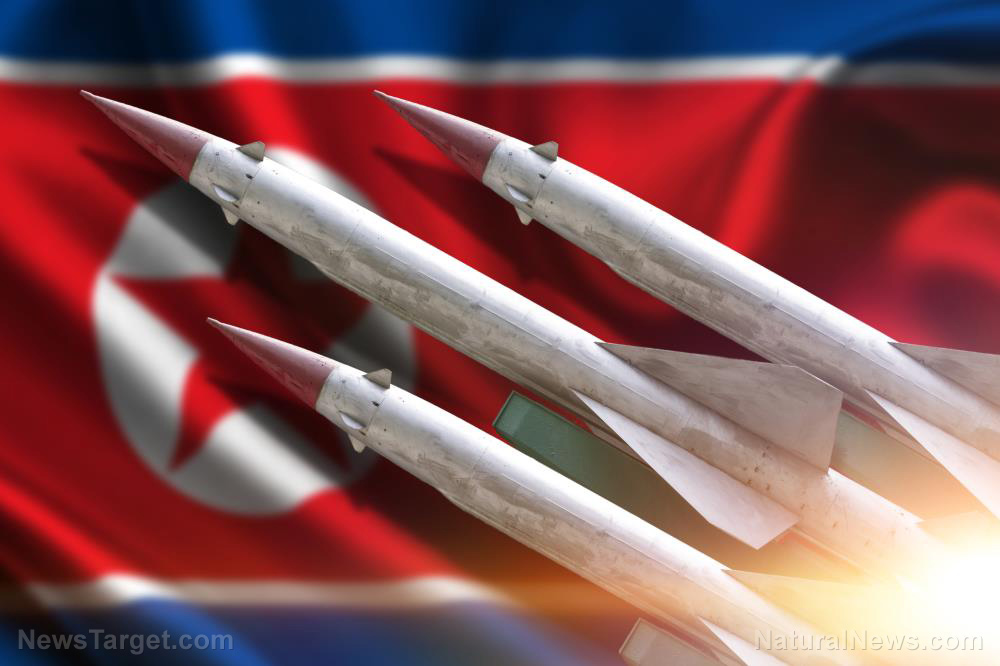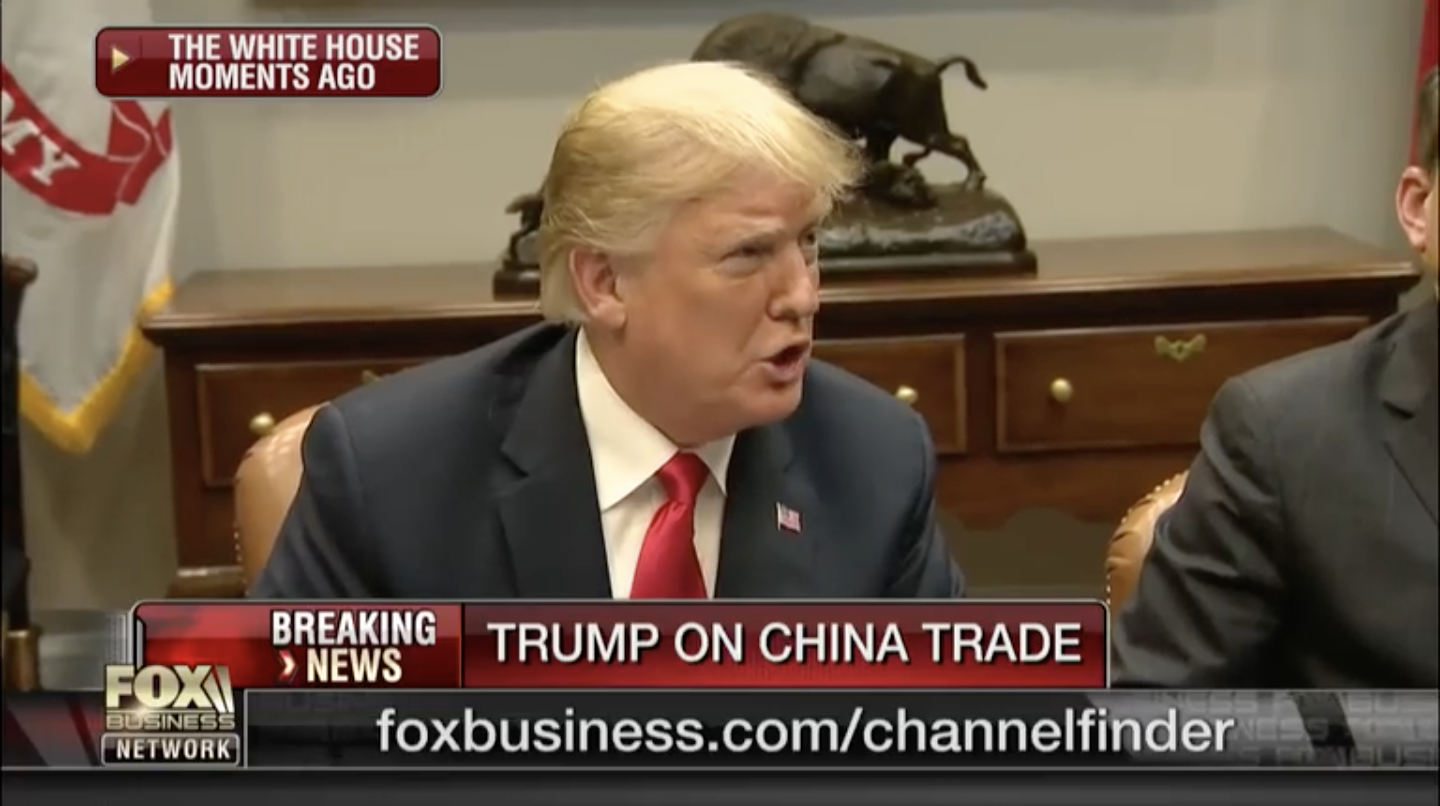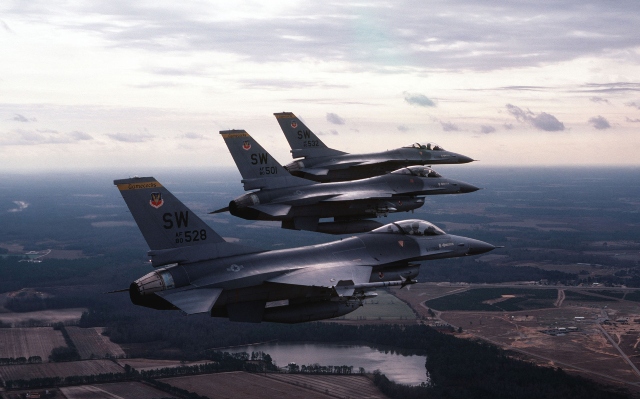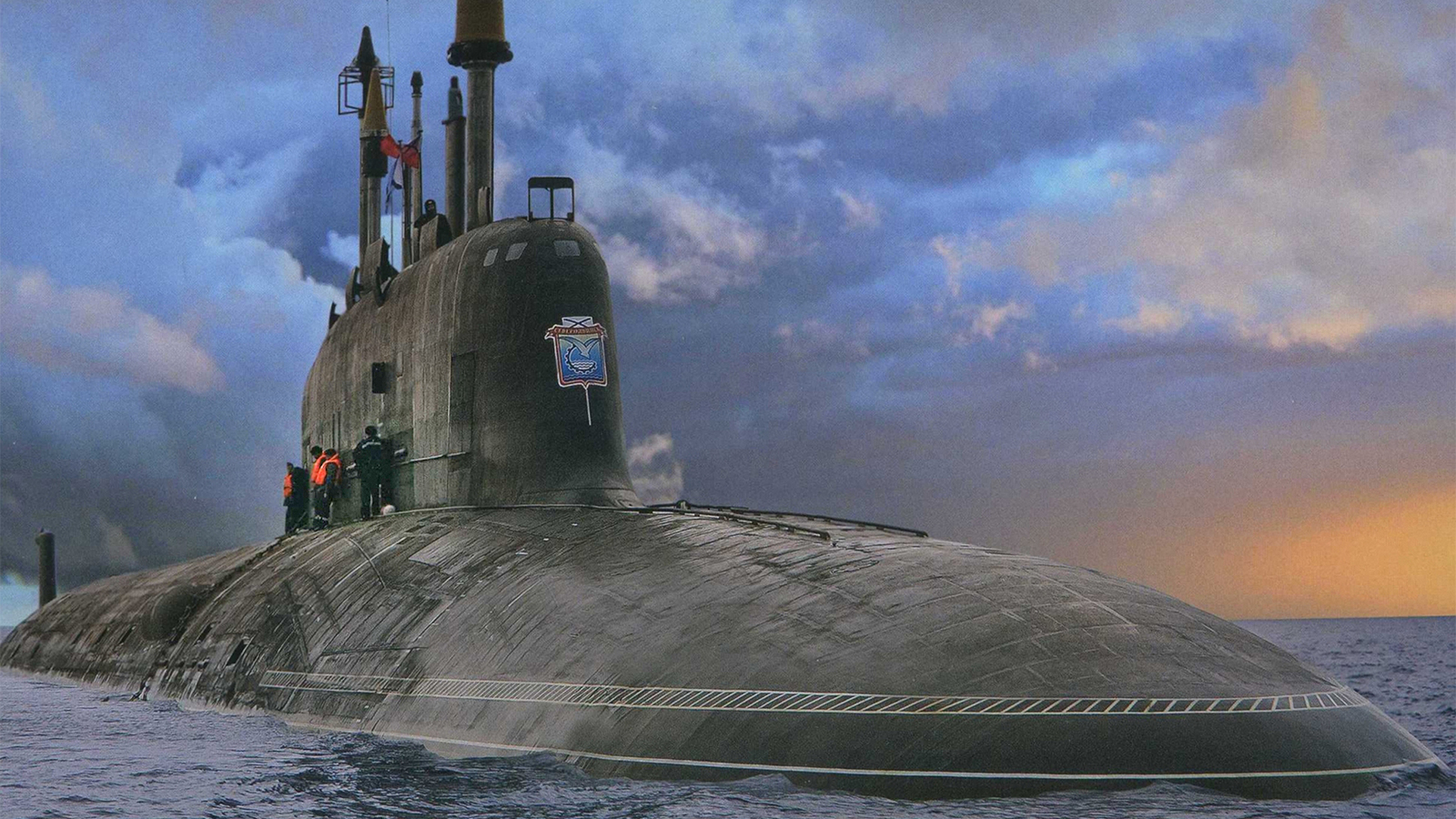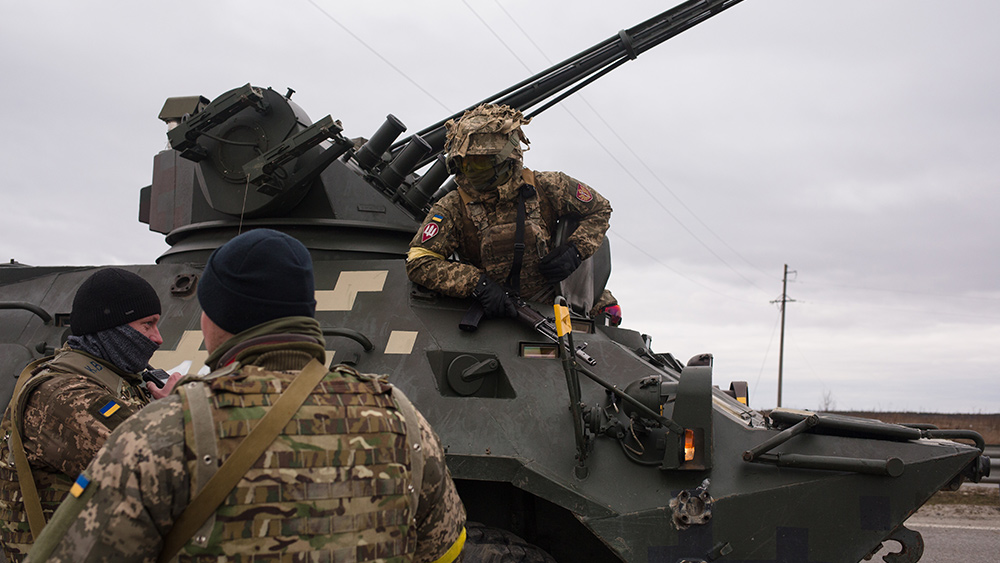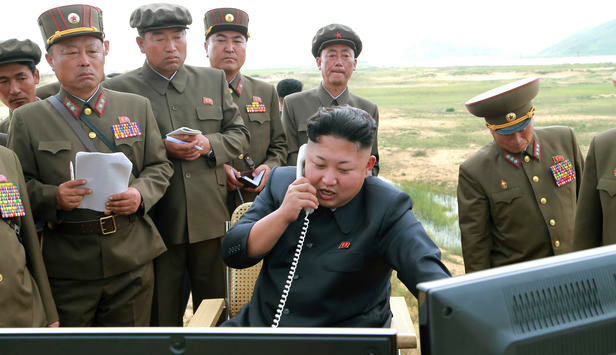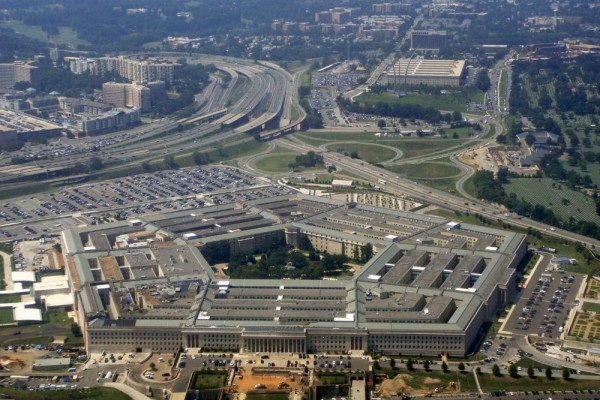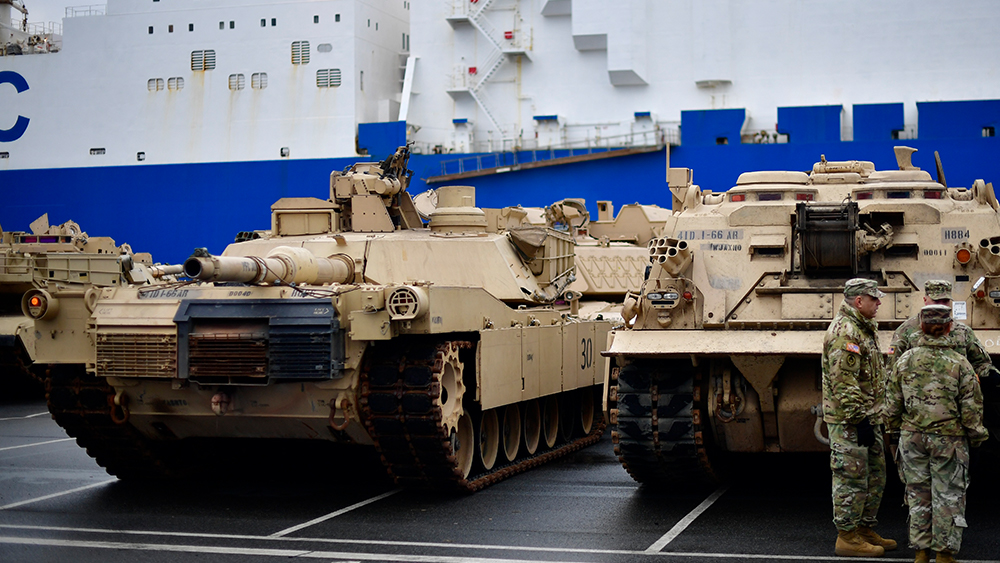Trump chooses negotiation table over Israeli airstrikes in key Iran policy decision
04/19/2025 / By Cassie B.

- Trump rejects Netanyahu’s push for a U.S.-backed military strike on Iran, opting for diplomacy instead.
- Israeli plans included commando raids and airstrikes on Iran’s nuclear sites, requiring American support.
- U.S. officials warned an attack could trigger a wider regional war with no clear exit strategy.
- Trump’s decision reflects rare caution, prioritizing negotiations over military confrontation despite hawkish pressure.
- The humanitarian and economic costs of another Middle East conflict heavily influenced the White House’s stance.
President Donald Trump has refused to support Israeli Prime Minister Benjamin Netanyahu’s proposed military strike on Iran, choosing instead to pursue diplomatic negotiations with Tehran. The decision, confirmed by multiple administration officials, follows months of internal debates over whether the U.S. should back Israel in a risky bombing campaign aimed at crippling Iran’s nuclear facilities.
With military involvement requiring significant American resources and the potential for catastrophic Middle East escalation, Trump’s restraint signals a rare preference for pragmatic diplomacy over the kind of aggressive posturing that has defined much of his foreign policy.
The rejected Israeli plan
According to reports, Netanyahu’s government had developed detailed military contingencies for an attack on Iran’s nuclear sites as early as May, with plans ranging from commando raids on underground facilities to a week-long aerial bombardment campaign. U.S. support would have been crucial, both for providing advanced weaponry — including B-2 stealth bombers and bunker-busting munitions — and for defending Israel against inevitable Iranian retaliation. Yet despite Netanyahu’s persistent lobbying, Trump ultimately sided with advisers cautioning that such an operation could ignite a devastating regional war with no clear exit strategy.
Director of National Intelligence Tulsi Gabbard reportedly delivered an assessment warning that the U.S. military buildup in the Middle East, including the deployment of additional aircraft carriers and missile defense systems, risked provoking an unintended larger conflict. Her warning resonated with key officials, including Vice President JD Vance, Defense Secretary Pete Hegseth, and White House Chief of Staff Susie Wiles, who collectively convinced Trump that diplomacy should be the first priority.
Diplomacy as the safer path
While Trump has built his political brand on muscular foreign policy rhetoric — including past threats to “totally destroy” Iran — his second-term approach reflects a surprising caution. His administration is now engaged in indirect talks with Tehran, seeking to limit Iran’s uranium enrichment without repeating the Obama-era nuclear deal he once lambasted.
Hawks within his cabinet, such as Secretary of State Marco Rubio and National Security Advisor Mike Waltz, reportedly pushed for supporting Israel’s strike plan, while outside allies like Senators Lindsey Graham and Tom Cotton publicly pressured Trump toward military action. But with Iran’s weakened economy and waning regional influence, Vance and others argued that negotiations offered a lower-risk path to curbing its nuclear ambitions.
Netanyahu, however, remains impatient. In a telling remark during his April White House visit, he insisted any deal should allow signatories to “go in, blow up the facilities, dismantle all the equipment, under American supervision with American execution.” His frustration reflects Israel’s longstanding strategy of covert sabotage and preemptive strikes against Iranian nuclear assets, tactics that have delayed but not eliminated Tehran’s progress. Yet even some of Trump’s most hawkish advisers acknowledged that without direct U.S. involvement, an Israeli-led attack would likely fail to achieve its goals.
The costs of another war
Beyond strategic concerns, the humanitarian and economic consequences of a new Middle East conflict weighed heavily on Trump’s decision. With the U.S. already entangled in a costly bombing campaign against Yemen’s Houthi rebels — a conflict that has exacerbated regional instability — expanding hostilities to Iran risked spiking global oil prices, endangering American troops, and inflaming anti-Western sentiment across the Muslim world. Moreover, Iran’s mutual defense pact with Russia means any large-scale strike could escalate into a broader geopolitical crisis.
For now, Trump’s restraint aligns with growing skepticism among U.S. allies and even factions within Israel about the wisdom of military confrontation. While he insists “all options remain on the table,” his choice to prioritize talks, however tentative, offers a fleeting chance to avert another generation-defining war.
The Trump administration’s rejection of Netanyahu’s Iran strike marks a pivotal shift toward cautious, interest-driven diplomacy — an approach that balances legitimate security concerns with the realization that another Middle East war would serve neither America nor Israel’s long-term stability. Even as hardliners fume, the president’s decision underscores a sobering truth: Bombs alone cannot dismantle Iran’s nuclear program, but they can unleash chaos that far outweighs their perceived benefits.
Sources for this article include:
Submit a correction >>
Tagged Under:
big government, chaos, diplomacy, foreign relations, Iran, Israel, Middle East, military tech, national security, Nuclear Program, politics, progress, rational, resist, Trump, weapons technology, White House, World War III
This article may contain statements that reflect the opinion of the author
RECENT NEWS & ARTICLES
COPYRIGHT © 2018 MILITARYTECHNOLOGY.NEWS
All content posted on this site is protected under Free Speech. MilitaryTechnology.news is not responsible for content written by contributing authors. The information on this site is provided for educational and entertainment purposes only. It is not intended as a substitute for professional advice of any kind. MilitaryTechnology.news assumes no responsibility for the use or misuse of this material. All trademarks, registered trademarks and service marks mentioned on this site are the property of their respective owners.







